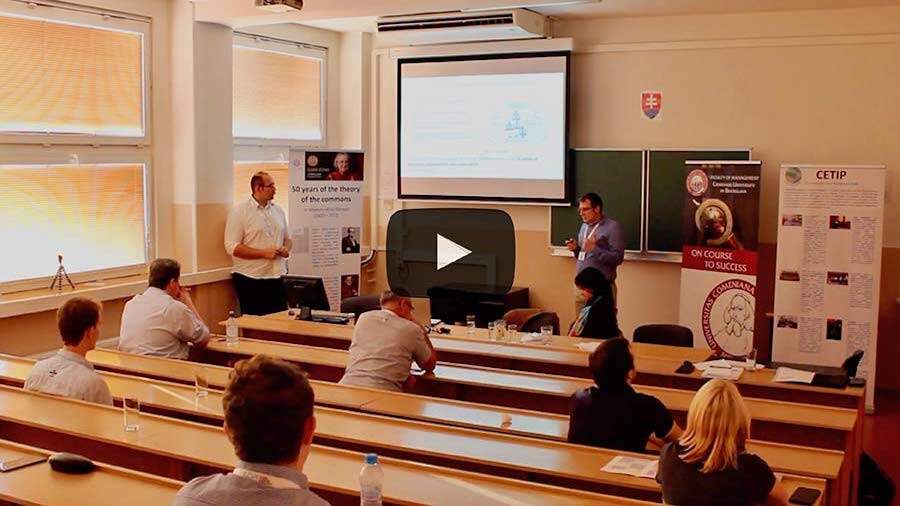Not an IASC member yet? Please follow this link to see membership options and benefits.

Abstract
Problems and challenges emerge and develop across different jurisdictions in administrative and political units. Many of complex problems are demanding for cooperation across national borders. To address such cross-border issues better coordination is needed based on decision-making platforms which go beyond current hierarchical governance systems and enable flexible interactions among actors from different sectors and governance levels.
Many innovative solutions, such as polycentric cross-border governance, aiming towards more effective coordination of cross-border activities were developed thanks to the support of EU territorial cooperation schemes. Analysis of two Central European cross-border regions brings empirical evidence that polycentric governance seems to be suitable for overcoming key institutional challenges in cross-border governance.
Polycentric governance is usually based on self-organization of regional or local actors, well-defined common problem as well as around common natural resources. On the other hand, there is no systematic promotion of these institutional innovations on both sides of the border which hamper their long-term sustainability and therefore polycentric governance is an exception rather than a regular practice in cross-border cooperation in Central Europe.